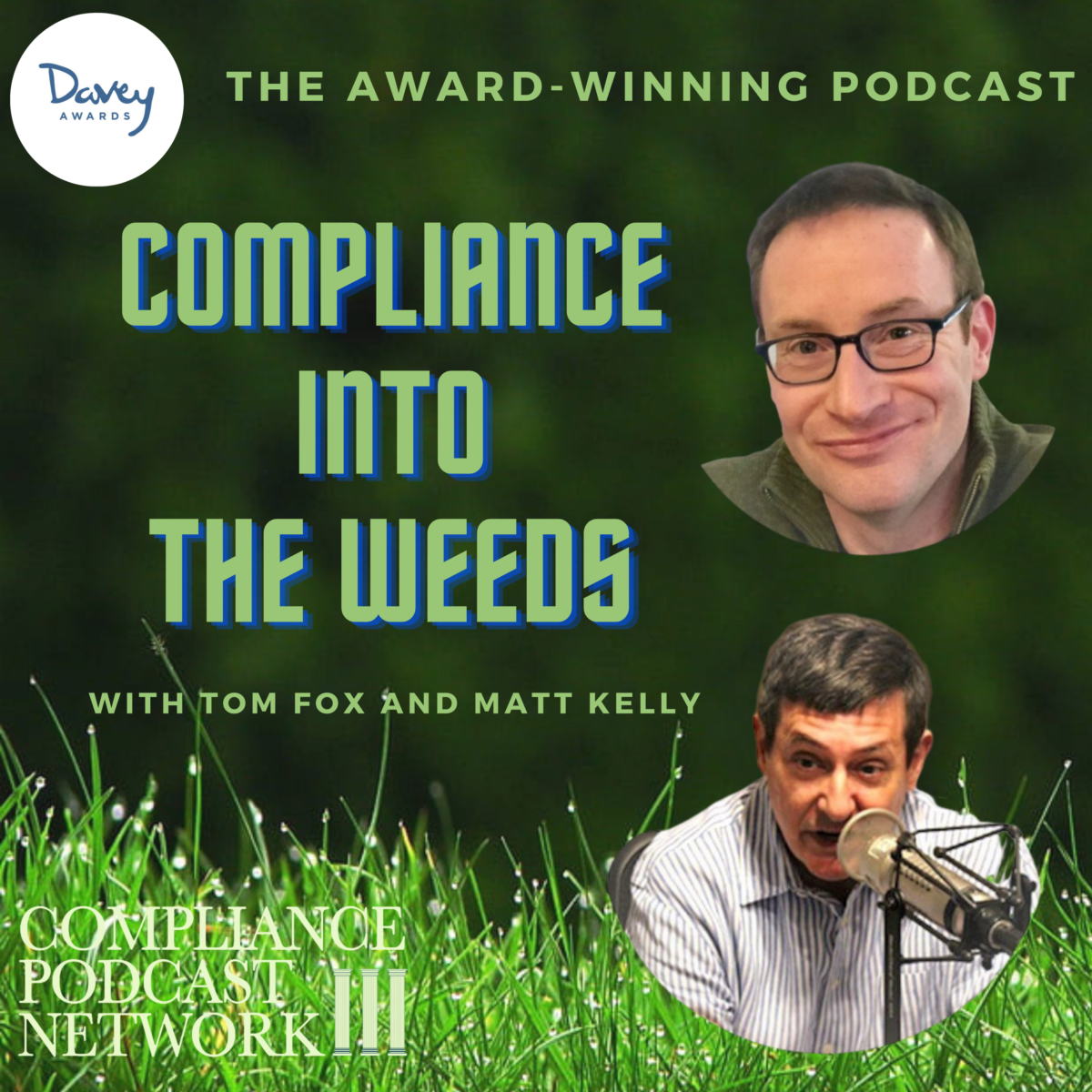In recent years, regulated industries, particularly broker-dealer firms like Wells Fargo and Morgan Stanley, have faced increased scrutiny from regulatory bodies due to their lack of compliance in policing messaging apps. The Securities and Exchange Commission (SEC) recently announced charges against 10 firms in their capacity as broker-dealers and one dually registered broker-dealer and investment adviser for widespread and longstanding failures by the firms and their employees to maintain and preserve electronic communications. The firms admitted the facts outlined in their respective SEC orders. These firms collectively “agreed to pay combined penalties of $289 million and have begun implementing improvements to their compliance policies and procedures to address these violations.” Additionally, the Commodity Futures Trading Commission (CFTC) ordered four financial institutions to pay $260 million for recordkeeping and supervision failures due to the widespread use of unapproved communication methods.
Even more troubling is the involvement of senior managers in these misconducts, leading the SEC to require an independent compliance consultant in multiple settlements. This highlights the significance of overall corporate culture and the need for stricter compliance measures. Matt Kelly and I recently explored these enforcement actions, the reforms that companies must implement, the role of consultants in reviewing these reforms, and the potential risks and consequences of using messaging apps for business purposes in a Compliance into the Weeds podcast.
Reforms in regulated industries focus on policies and procedures, messaging policies, and employee training. Companies must establish clear messaging policies that outline the acceptable use of communication channels and the importance of recordkeeping obligations. Training employees on these policies and ensuring their understanding is equally vital. Additionally, companies must track training records and allegations of policy violations, making them readily available for review. Next, both ongoing monitoring and continuous improvement must be utilized. Finally, do not forget the need for disciplinary frameworks, with repeat offenders and senior employees potentially facing more severe discipline.
The enforcement crackdown by the SEC and CFTC has already resulted in significant penalties, with fines totaling a staggering $550 million. J.P. Morgan was the first bank to face such a settlement decree, setting a precedent for other banks. This raises speculation about whether the misconduct will continue and if there will be additional enforcement actions. While some large securities firms have yet to be targeted, all regulated industries must take note and proactively address compliance issues.
As noted above, using improper messaging apps for business communication is a significant concern for regulators. Moreover, these violations of securities laws occurred due to employees using ephemeral messaging apps like WhatsApp and Snapchat, which turn off record preservation. Once again, the involvement of supervisory employees and managers in using these apps is even more alarming, further angering the regulators. The SEC’s requirement for an independent compliance consultant in multiple settlements indicates a focus on corporate culture and the need to address senior managers’ involvement.
While these enforcement actions focused on regulated industries, it raises an important question about whether non-regulated industries could also face similar exposure to the SEC. The Justice Department has emphasized taking messaging and communication app risks seriously for all companies. Therefore, even if a company operates outside the purview of specific regulations, it is crucial to consider the potential risks and consequences of using improper messaging apps for business purposes. In a Radical Compliance blog post, Kelly noted, “That is a terrible look for a company. It paints the picture of a management team not interested in good ethical conduct, and we all know how that goes over with the Justice Department when evaluating the state of your compliance program.”
We desired to shed some light on the recent enforcement actions against regulated industries for their lack of compliance in policing messaging apps. The fines and penalties imposed by the SEC and CFTC highlight the seriousness of these violations. Companies must implement reforms, establish robust policies and procedures, and prioritize employee training to ensure compliance. The conversation also underscores the potential risks and consequences of using improper messaging apps for business communication. All companies must prioritize compliance and take proactive measures to address these concerns regardless of industry. By doing so, companies can foster a culture of integrity and avoid the hefty fines and reputational damage associated with non-compliance.








